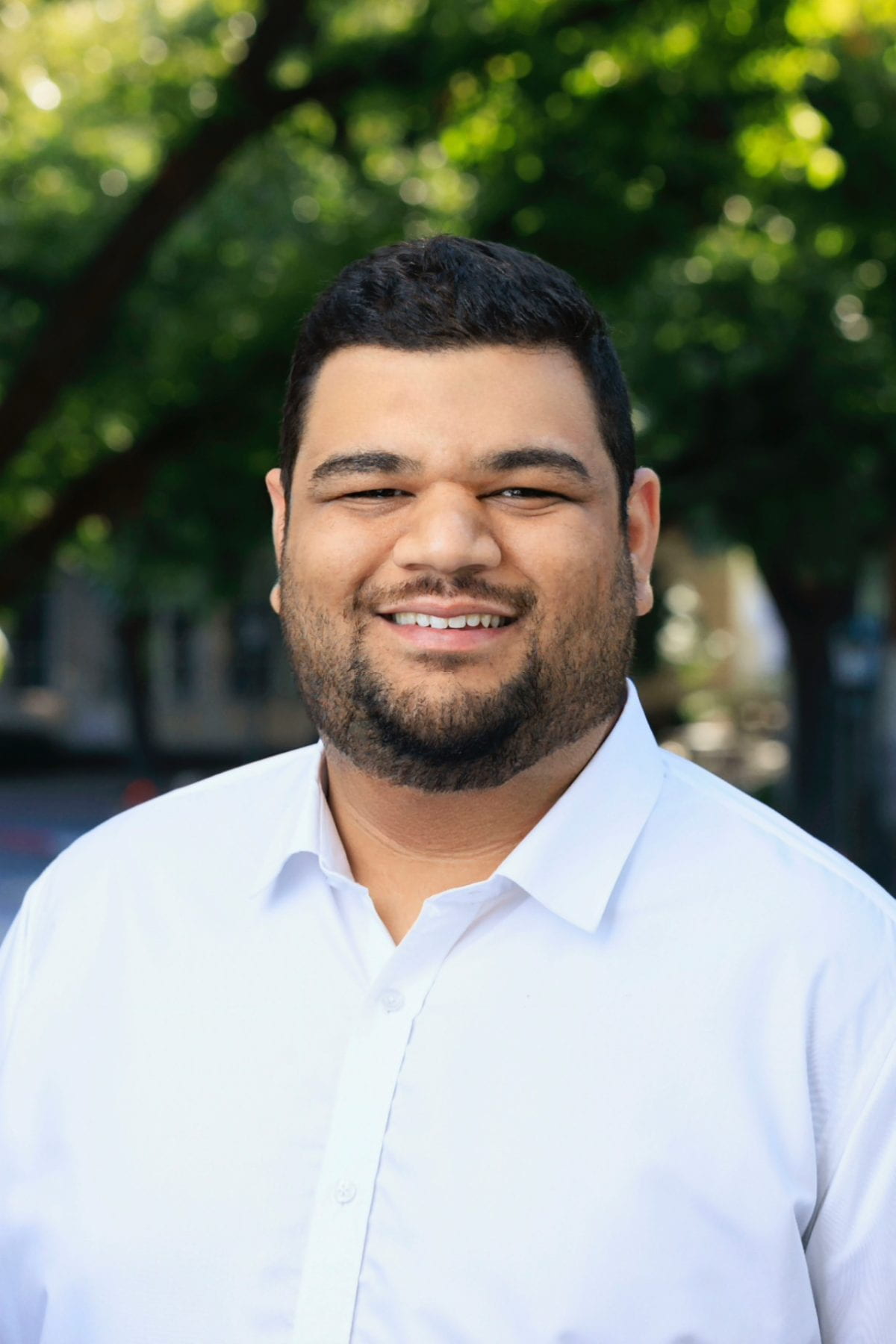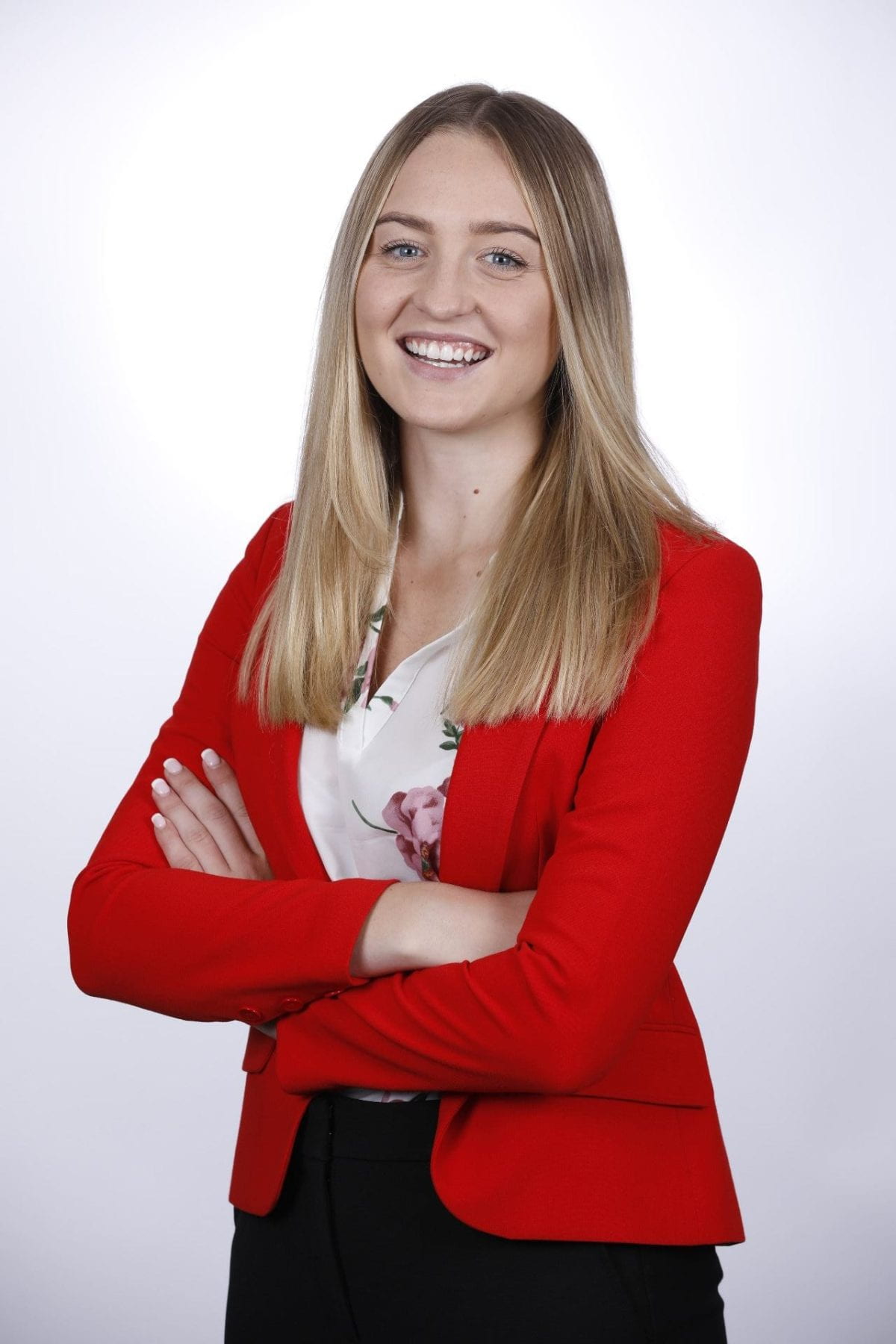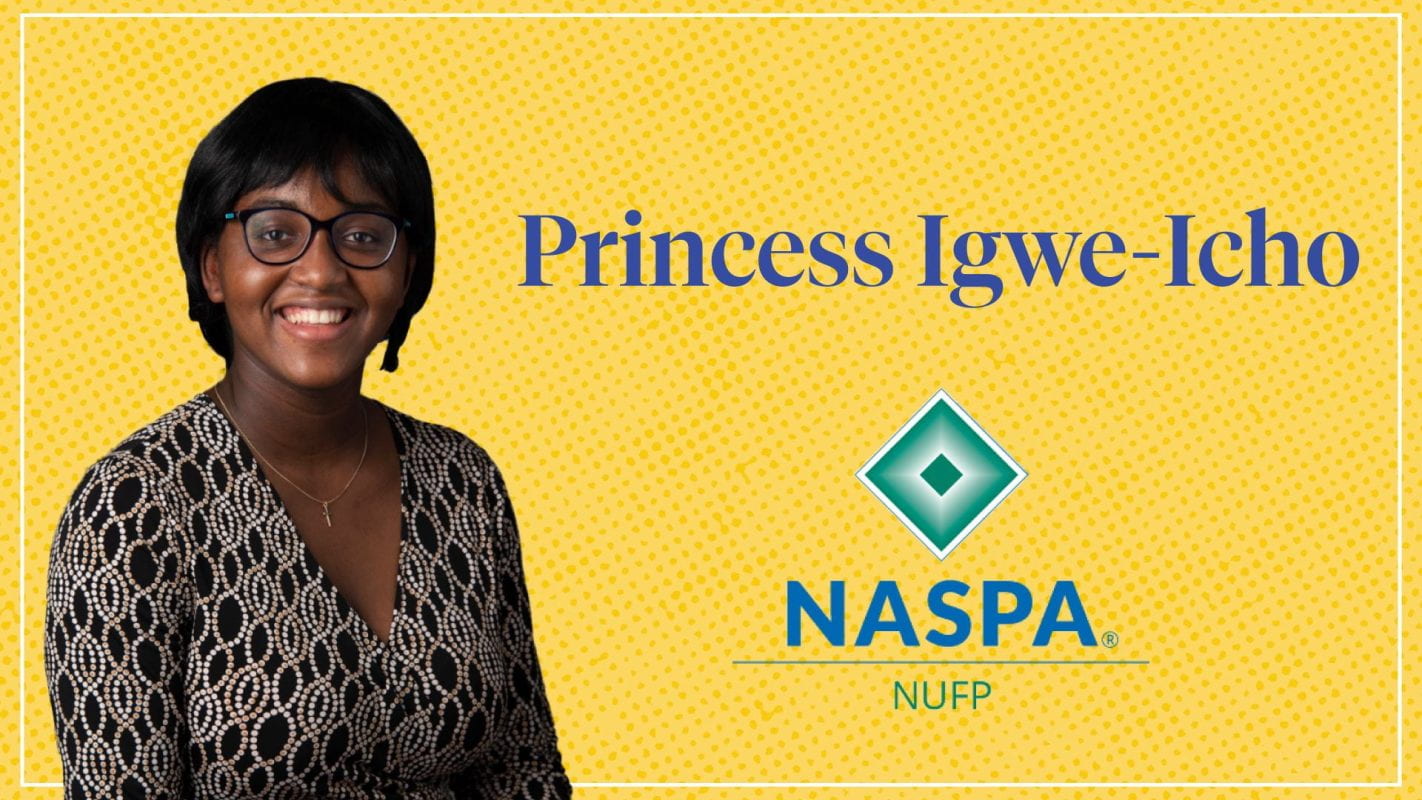
The Hegi Family Career Development Center and the Office of Social Change and Intercultural Engagement started Black History Month off with a panel to help students learn how to transition from a student to a successful professional. They had four guest speakers: Pamela Zeigler-Petty, Senior Vice President of Community Development Banking at Interbank; Charles Akinyemi, Account Executive Team Leader for Fisher Investments; Trina Terrell-Andrews, the CEO of Mark Cuban Heroes Basketball Center; and Brenda Scott, the Director of Inclusive Excellence at Southern Methodist University. Throughout the panel, these four successful professionals offered invaluable advice to the students. Whether that be how to best present yourself, or how to honor and acknowledge your heritage, these speakers had a positive outlook to share on life that inspired all attendants.
When asked what tips the panelists had for interviews and how to best present yourself, Brenda Scott shared a story. Before the lecture had even started, she saw Pamela Zeigler-Petty, a fellow panelist, struggling to walk up the stairs. She noticed no one else went up to help, but she did. Scott shared, “I’m just a natural carer, right? I’ve got caregivers in me. And I saw, and I didn’t realize that she was on the panel until we started speaking. So, it wasn’t like, ‘I know she’s on the panel, so let me go over here,’ but no, that was just me… there [were] a lot of people that walked right by her, but that’s just who I am. Regardless of what you’re doing, I’m gonna do what I do… Just showing up as your full authentic self, even in those scary moments when you’re the only one in the room.” No matter what other people are doing, she was able to stay true to herself and listen to her instincts telling her to help someone nearby. That is just who she is, no matter what other people are doing, it is always important to stay true to yourself and trust your instincts. That might be the deciding factor between meeting the person who will fast-track your journey to achieving your goals. Your decision to go up to someone, to trust your gut to lead you on the right track, can lead to the person with a connection that will land you your dream job. “They’re going to feed off of what you bring into the room” (Scott). The most important thing is to stay true to yourself.

The panelists were also asked to discuss what brings them joy or inspires them most about their heritage. They had key insights and examples to offer. For instance, Charles Akinyemi shared “How could you not be proud of it, right? Just being uniquely different. I embrace stepping into the room and I’m the only one now. To be honest, I like it. … I don’t get uncomfortable about it. I remember once upon a time I would be, probably, three pounds of sweat already dropped. I would have taken off my suit jacket, loosened up my tie, just because of that feeling of just being… uncomfortable. But I’ve been able to take that and now be very comfortable with it. If anything, I feel like my voice actually speaks a little bit louder.” The way he spoke about his heritage and upbringing came from a sense of pride and gratitude, for all that he has in life and all that he has earned. Trina Terrell-Andrews shared “What brings me joy is the legacy that I’m able to carry on” and Brenda Scott shared “I mean, black is powerful. It’s powerful, you know, it’s — it’s so beautiful.” The way all the panelists spoke about what brings them joy or inspires them most, made it obvious there is no one else they would rather be. The part about being black that brings them joy or inspires them, is being able to be their “true authentic self.”
Pamela shared a story about how she and her mother helped integrate a school.
“When I was a little girl, it was during the time of desegregation and integration. And so my mother had an opportunity to go into a school and integrate it, which became my first elementary school. So she accepted the challenge, and she decided her little five year old was going to go along with her. And so, with that being said, there I am, happy happy happy – I’ve always been that way – anxious, excited, in a room of probably about 36 kids and there I was. And so while my mother was on her journey of being the first black elementary school teacher in the school, there I am in my classroom being the first. I always have been confident about who I am. I’ve always been happy about who I am. I’ve never cared to be anybody else. And I’ve never judged anyone because they are of another color.
It wasn’t until my later time in life that I really realized my mother and I integrated a school, and we did a fantastic job.”
Everyone who spoke at the panel offered invaluable insights as to how they became successful professionals after being students. The way they spoke inspired the people who were there to embrace who they are, regardless of their ethnic background, and learn about their heritage and themselves. None of the speakers’ journeys were linear, it was all about what they knew how to do and their perseverance. They all stayed true to themselves, and are impressed upon students to stay true to themselves and continue to push themselves as far as they can go. The main takeaway from this great start to Black History Month, was that no matter who you are, you can do great things.










